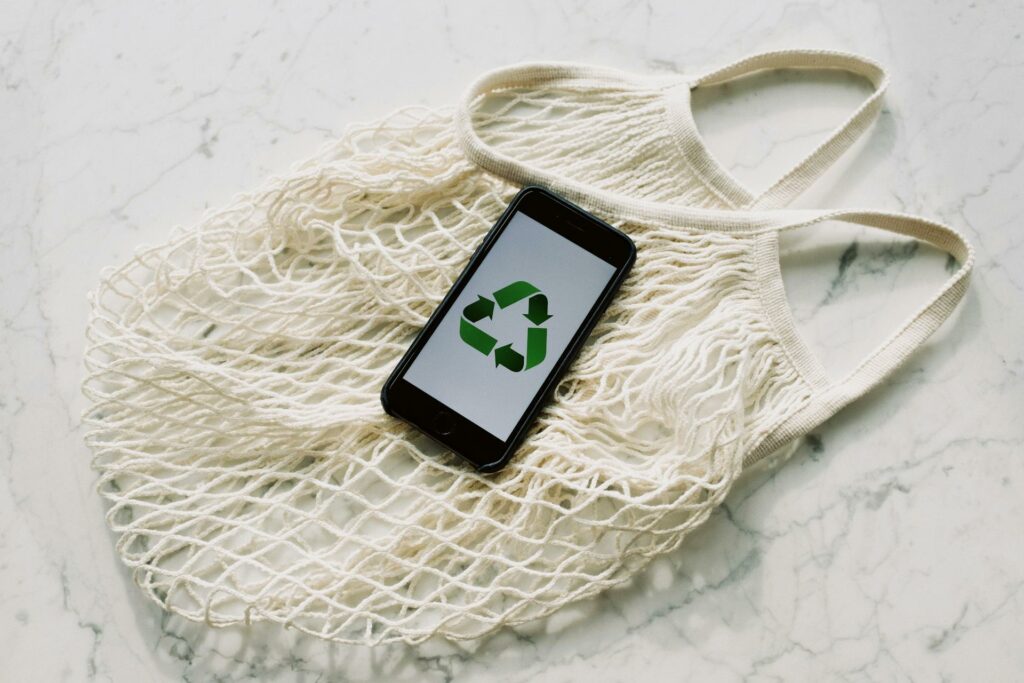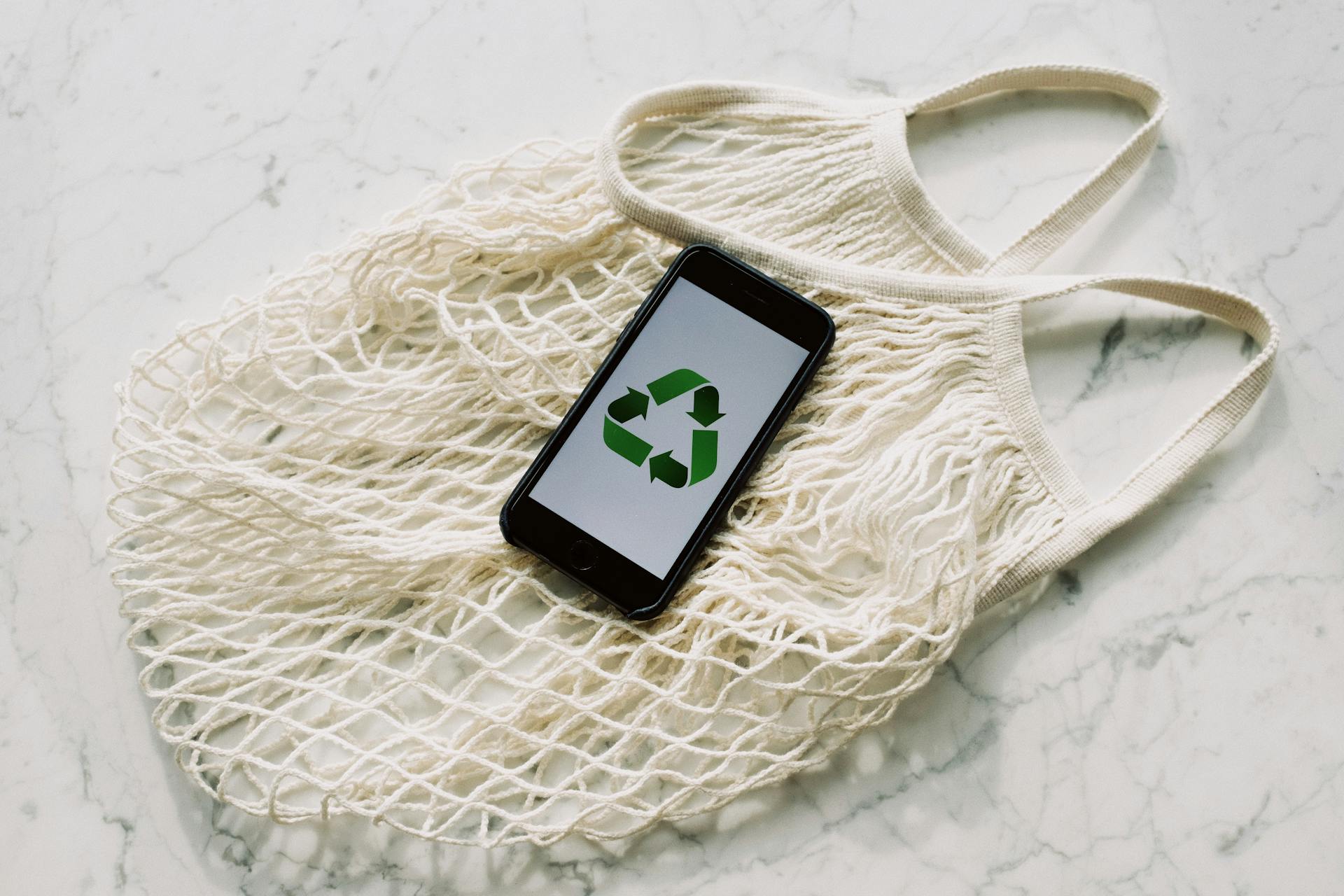What is Producer Responsibility?
If you work in the production or sale of electronics, batteries, and/or packaging, you’ve probably heard the term “producer responsibility” at some point in your career. But what does producer responsibility really mean? Let’s delve into the concept of producer responsibility in detail.

Let’s Dive into the Concept of Producer Responsibility in Detail
Producer responsibility means that those who introduce certain types of products to the market also have a responsibility to ensure that they are collected and recycled in an environmentally friendly manner.
However, it’s not just about ensuring proper recycling of products; it also involves how companies can facilitate the handling of electronic waste, batteries, and packaging. This can range from designing products with easily recyclable materials to educating consumers on proper recycling methods.
Which Products have Producer Responsibility?
Currently, there are five categories of products with producer responsibility in Denmark:
- Electronics
- Batteries
- Vehicles
- Single-use plastic
- Packaging
Why was Producer Responsibility Established?
Producer responsibility was established because our society is a consumer society, generating significant waste due to constant consumption. To reduce the waste created by our consumption, regulations and laws are necessary.
The question then arises: Who should be responsible for recycling and managing all the waste produced? The Swedish Environmental Protection Agency (Naturvårdsverket) summarizes it well on their website: “The purpose of responsibility is that those who contribute to an environmental problem should also contribute to the solutions.”
How long has Producer Responsibility Existed in Denmark?
Dansk Producentansvar (DPA – Danish Producer Responsibility), plays a crucial role in environmental legislation. Let’s dive into its history and purpose:
DPA was established in 2005 under the Danish Environmental Protection Act. Its primary goal is to develop, administer, and operate a national and legally mandated register for producers and importers of electrical and electronic equipment (EEE) in accordance with EU-based environmental legislation on producer responsibility.
The concept of Extended Producer Responsibility (EPR) was introduced by Swedish professor Thomas Lindhqvist more than two decades ago. EPR shifts responsibility for certain product streams (even at the end of their useful life) to businesses that produce or sell these products. The aim is to incentivize the development of more environmentally friendly and recyclable products, ensuring that materials can enter new production cycles. As of 2024, DPA’s responsibilities have expanded to include packaging and single-use plastics.
At Recipo, we work with companies that have producer responsibility in the categories of electrical equipment, batteries, and packaging across the Nordic region.
What are your Obligations as a Producer?
Do you fall under producer responsibility? Then let’s explain your obligations. In broad terms, your responsibilities as a producer include ensuring that you manage the waste generated by the products you introduce to the market. You need to connect to a nationally approved collection system, such as Recipo, which helps you meet the legal requirements.
Additionally, you must register with the Danish DPA to submit reports on your production and sales. If you choose us as your collective system, we support you with the registration and fulfilment of your producer responsibility in Denmark, including reporting to the Danish DPA-System.
Other obligations vary depending on the specific producer responsibility category. Here you can read about the obligation to collect products that must be recycled if you are a manufacturer of electronics and batteries. To read more about your responsibilities, follow this link: “Laws and regulations”.
The One-to-One Rule
An important rule to be aware of if you are a producer in the electronics and batteries categories is the “one-to-one rule.” This primarily applies to smaller companies selling products in these categories. Let us explain what applies to both large and small businesses.
Small Stores
For smaller stores, producer responsibility means adhering to the “one-to-one rule.” This rule requires them to offer in-store collection points where customers can deposit electronic waste (old electronics). However, they only need to accept waste that is of the same or similar type as what the customer purchases.
The amount of electronic waste each store should be able to accept is based on their sales. The one-to-one principle applies here, meaning they should be able to accept an amount equal to what they sell. They only need to receive electronic waste of the same type they sell.
Large Stores
Larger stores, defined as those with a sales area of 400 square meters or more, must also comply with the one-to-one rule. The difference between requirements for small and large businesses is that large companies must also accept consumer waste even if the person doesn’t make a purchase.
This applies only to electronic waste that is smaller than 25 cm in depth, width, and length. For example, laptops, mobile phones, electric mixers, and battery-powered toys fall under this category.
Batteries
The local authorities are obligated to collect portable batteries from citizens. They must establish collection services near residents, such as curbside pickup or nearby igloos. A collection service solely at the recycling center is insufficient. The Danish SKAT authorities are responsible for this, and the reporting of portable batteries can therefore only be made directly to them and directly from the company that sells the batteries. No Collective system are allowed to register there.
Recipo Promotes Sustainability Through Producer Responsibility
Now that we’ve answered the question “What is producer responsibility,” let us explain how we can assist you. At Recipo, we strive for a more sustainable circular economy by supporting companies in their producer responsibility.
We help you meet and exceed the requirements you have as producers, making it easier for you while contributing to a more sustainable consumer society. Become a customer today, and we’ll guide you the rest of the way!
